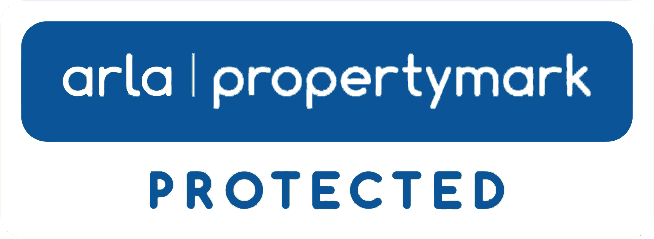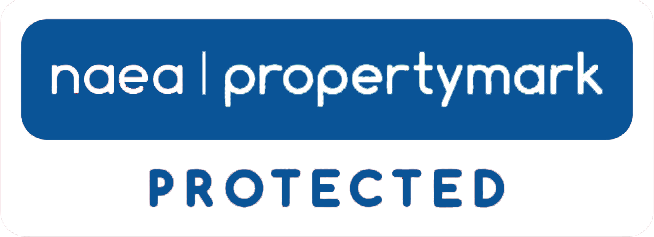
Whether you already have a property you’re looking to rent out in Durham or you’re thinking of investing in a buy-to-let, it’s vital that you know your legal responsibilities and requirements as a landlord, both to protect yourself and your tenants.
Here are our 10 top legal tips for landlords.
1. Take Out Landlord Insurance
It’s vital that you take out specialist landlord insurance, as your standard buildings and contents insurance won’t cover you and may be invalidated if you’re renting your property out.
The right landlord insurance policy will cover you for damage to the property, loss of rent and legal expenses, so it’s worth having.
2. Draw up a Tenancy Agreement
This document will set out the terms of the tenancy between you and the tenant and will help to protect both parties in the event of a dispute.
Ensure that a new agreement is drawn up with each new tenant, as tweaking an old agreement could mean you miss important legal changes that have occurred in the meantime.
3. Arrange Regular Inspections – But Don’t Just Drop in!
It’s important to check your property every so often to ensure it’s being looked after. However, you should be aware that it’s illegal to just enter the property without the tenant’s permission.
It’s advised to give them a minimum of 24 hours’ written notice. This should be stipulated in your tenancy agreement.
4. Obtain an Energy Performance Certificate (EPC)
Landlords have a legal responsibility to serve tenants with an EPC, which must have a minimum rating of E.
You can provide this along with the tenancy agreement and have the tenant sign to confirm receipt.
5. Obtain a Gas Safety Certificate
If your property has gas appliances, then you’re required to have them checked by a Gas Safe Registered engineer.
They’ll be able to provide you with a certificate that will need to be renewed annually. A copy of this should be given to your tenants along with their tenancy agreement.
6. Carry Out Electrical Safety Checks
You’ll need to have the electrical system checked every 5 years by a qualified electrician. It’s also a good idea to have any appliances in the property PAT tested, but this isn’t legally required.
Smoke alarms will also need to be fitted on each floor and these need to be tested on the first day of the tenancy.
It’s also strongly advised to have carbon monoxide detectors fitted and tested too.
7. Check if You Need a License
Some local authorities will require you to have a license before you can rent out a property, so you’ll need to check before proceeding.
This often applies to HMOs and student accommodation, so get in touch with your local council to find out if it applies to you.
8. Protect Your Tenants’ Deposit
If you’ve taken a deposit from your tenants then this will need to be protected in a Government authorised tenancy deposit protection scheme.
There are three to choose from:
- Deposit Protection Service (DPS)
- MyDeposits
- Tenancy Deposit Scheme (TDS)
You’ll need to protect the deposit within 30 days of receiving it and provide your tenants with a deposit protection certificate and prescribed information such as the amount of the deposit, address of the property and details of the tenancy deposit scheme where it’s held.
You will also need to provide your tenants with a copy of the Government’s How to Rent guide.
If you fail to take these steps, you won’t be able to evict your tenant and you could be fined up to three times the value of the deposit. It’s also unlikely that you will be able to make any deductions from your tenants deposit at the end of their tenancy if you need to claim any money back for damages to the property.
9. Carry Out Tenant Checks
You need to know who you’re renting your property out to, and by law you need to make sure that your prospective tenants have the right to rent property.
It’s also a good idea to carry out a referencing check. This will confirm important details, such as employment status and whether or not the tenants have had issues paying rent previously.
10. Keep the Property Maintained
While your tenants have a duty to keep the property in good condition, it is your responsibility to ensure that it’s well maintained, and any issues are fixed promptly.
It’s helpful to have a good relationship with your tenants, and if they contact you about a problem then you should make every effort to ensure it’s rectified as soon as possible.
JWW are your local property management experts for the Durham area. Landlords – call us on 0191 3830184 or email lettings@jww.co.uk to chat with a member of our friendly and experienced team.








